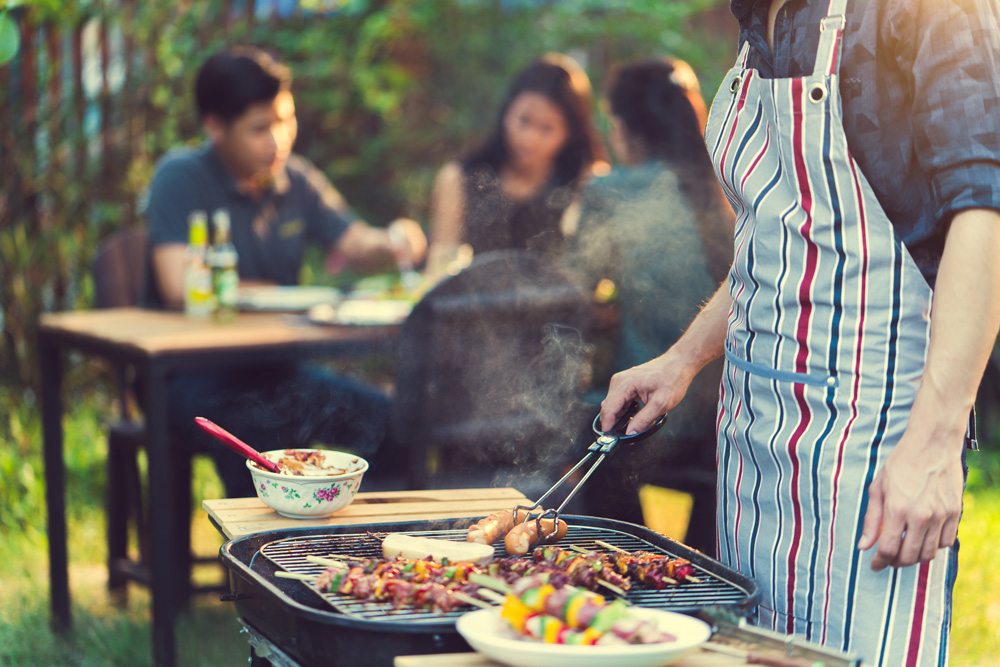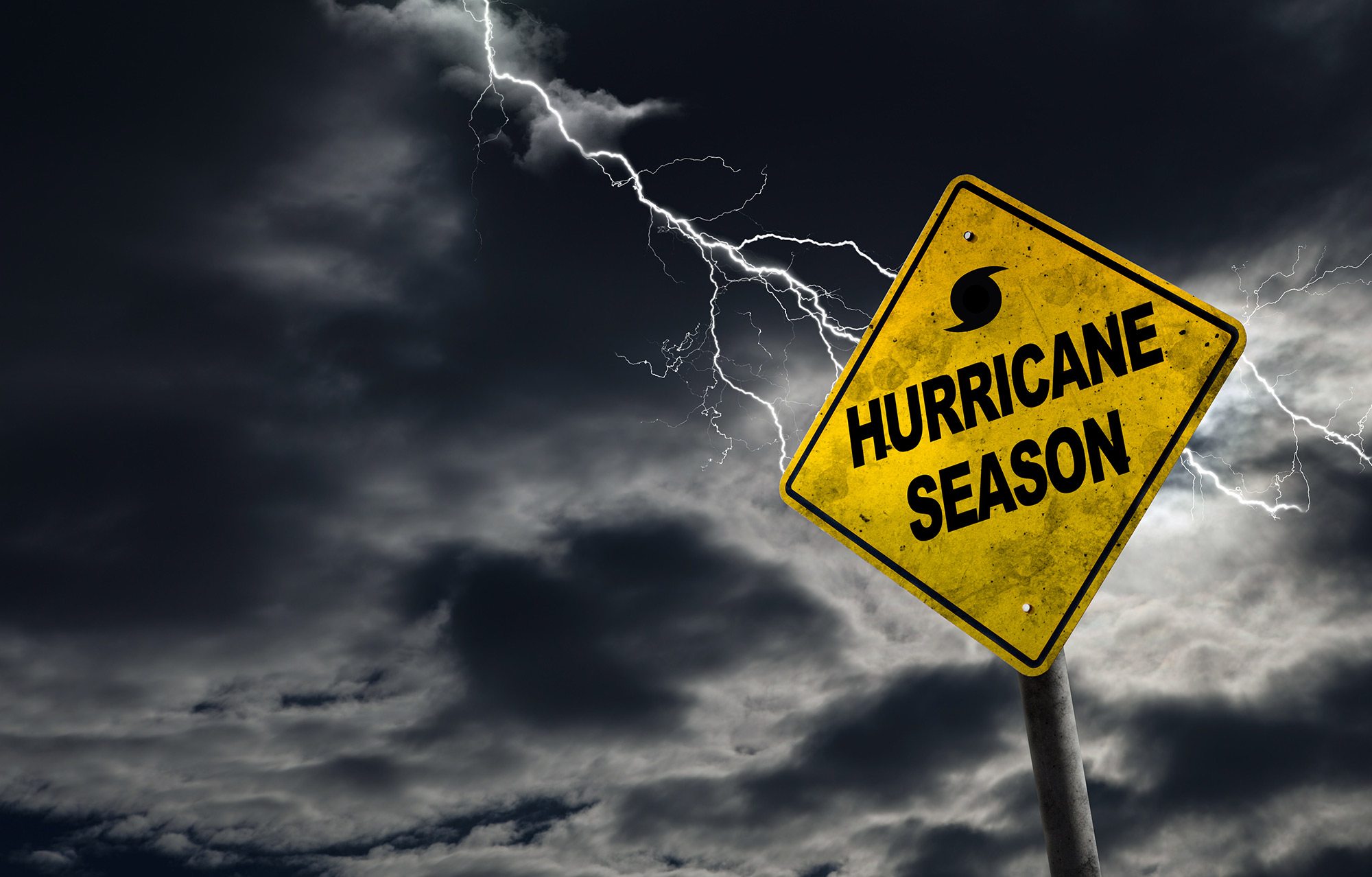
Q: Has the law been changed to allow grilling on condominium balconies? (J.S. via e-mail)
- Yes. The Sixth Edition of the Florida Fire Prevention Code, effective December 31, 2017, permits the use of certain electric grills on condominium balconies. A new edition of the Florida Fire Prevention Code is required to be adopted by the State Fire Marshall every third year, pursuant to Section 633.202 of the Florida Statutes.
The current edition of the Code is based on the 2015 NFPA 1 Fire Code. With respect to cooking equipment, Section 10.10.6.1 prohibits using or kindling hibachis, grills, or other similar devices for cooking, heating, or any other purpose on any balcony, under any overhang portion, or within 10 feet of any structure, other than in one and two-family dwellings. However, Section 10.10.6.1.1 allows listed electric portable, tabletop grills, or other similar apparatus, so long as they do not exceed 200 square inches of cooking surface.
Even if permitted by the Code, you would need to confirm that your association has not adopted any rules which prohibit the use of electric grills and similar items on the condominium property. Board made rules, if reasonably related to safety, can be stricter than the minimum requirements of state law.
Q: To cut costs, my condominium association wants to stop buying hurricane insurance. Are they allowed to do this under the law? (S.W. via e-mail)
- No. Section 718.111(11)(a) of the Florida Condominium Act requires condominium associations to use their “best efforts” to obtain “adequate” property insurance. Pursuant to the statute, “adequate” insurance is based on the replacement cost of the property to be insured, as determined by an independent insurance appraisal at least once every 36 months.
The property which must be insured by the association includes all portions of the condominium property as originally installed, in accordance with the original plans and specifications, and replacements of like kind and quality. However, certain items, such as wall, ceiling, and floor coverings, cabinets, countertops and appliance within the unit, are excepted from the association’s insurance responsibility, and are the responsibility of the unit owner. Therefore, your condominium association is required to purchase and maintain property insurance on the condominium property, including windstorm insurance.
Q: Can my condominium association include trees destroyed by Hurricane Irma in a special assessment for roof and building damage repair? (M.L. via e-mail)
A: Yes. The association has the duty to repair the condominium property after an insurable event. This includes removal of debris and typically includes replacement of landscaping that was damaged or destroyed. Assuming that this landscaping is party of the common elements of your condominium, it is entirely proper for the association to include these amounts in a special assessment.
Q: In one of your previous columns, you stated that the Florida Supreme Court has ruled that only Florida licensed attorneys may prepare amendments to governing documents and the voting instruments that go to the owners. I have spent hours trying to find that decision, to no avail. (B.C. via e-mail)
A: The name of the 2015 decision is The Fla. Bar re: Advisory Opinion – Activities of Community Association Managers, No. SC13-889, and can be easily located through a customary search engine.
The purpose of the decision was to provide clarification on what actions by a community association mangers constitute the “unlicensed practice of law” (UPL) and which actions do not. The court specifically held that “drafting of amendments (and certificates of amendment that are recorded in the official records) to declaration of covenants, bylaws, and articles of incorporation when such documents are to be voted upon by the members” constitutes the practice of law. The Court reasoned that because such documents “determine substantial rights of both community associations and property owners,” a non-lawyer preparation of amendments to the documents would constitute the unlicensed practice of law.
Joe Adams is an attorney with Becker & Poliakoff, P.A., Fort Myers. Send questions to Joe Adams by e-mail to jadams@bplegal.com. Past editions may be viewed at floridacondohoalawblog.com.
ACTIVE: 10678830_4


